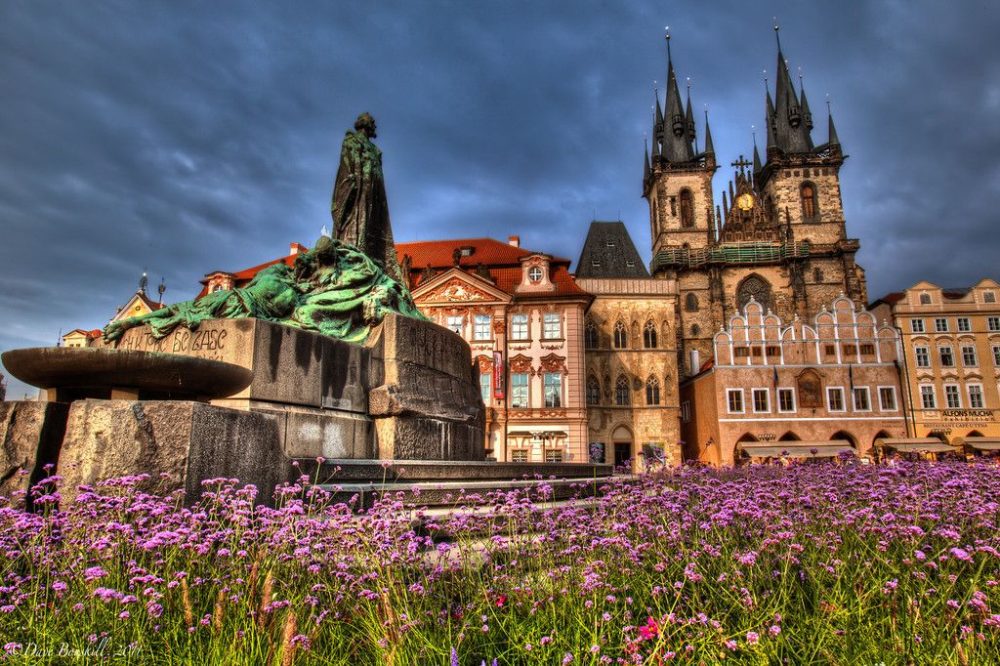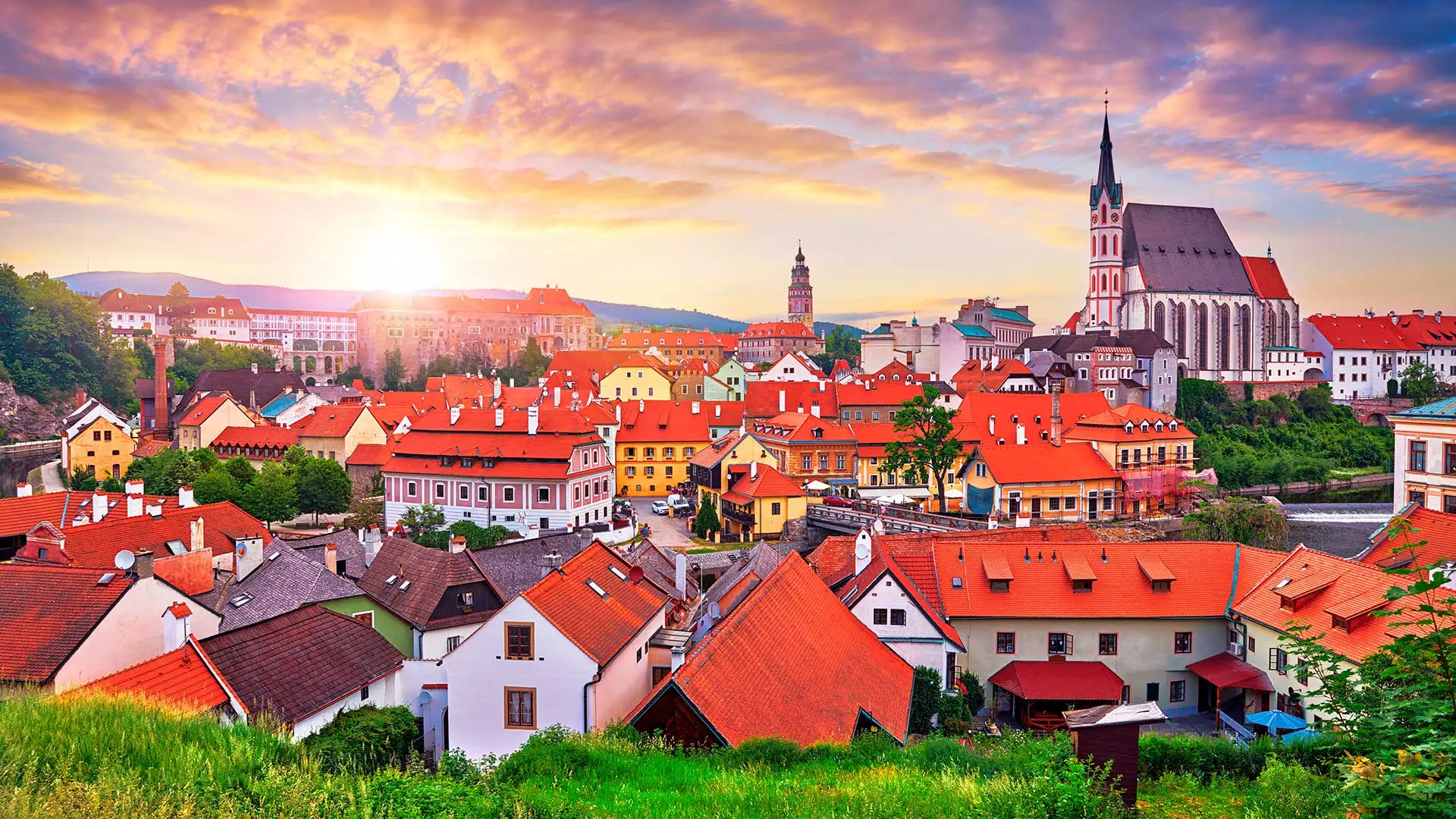Against the background of a steady increase in interest in European markets, investors are increasingly asking: what is elite real estate and what prospects does the luxury housing segment in Central European countries offer? Particularly in demand is housing in Prague – the capital with a unique architectural heritage, developed infrastructure, and high quality of life. Understanding the specifics of the premium segment and the factors that determine its status is necessary for an accurate assessment of investment prospects and comfortable living.
What is elite real estate: definition and key features
First of all, what is elite real estate in the context of the Czech market? This term refers to properties that meet the highest standards of quality, architecture, comfort, and location. Such housing is not limited to the level of finishing: it shapes a special lifestyle that combines aesthetics, security, and the owner’s status. The main features of the segment include:

- location in prestigious areas with limited development;
- original architecture or historical value of the property;
- well-thought-out layouts and spaciousness;
- high-class engineering equipment;
- secured area with video surveillance;
- developed infrastructure – from underground parking to SPA and fitness club.
Thus, the definition of luxury housing is based on a combination of characteristics that go beyond the usual business class.
Types of elite real estate: apartments and houses
In the Czech market, real estate types are conventionally divided into two main formats: urban apartments and standalone houses. In Prague, apartments in historical buildings restored using modern technologies prevail.
Understanding what elite real estate is becomes evident when analyzing the private sector in the Czech Republic. The most in-demand are houses in prestigious areas around the capital – Prague 6, Prague-West, and plots near reservoirs. Here, properties stand out with original architecture, individually designed landscapes and layouts aimed at creating comfort and complete privacy for the owners.
Key features of luxury housing
When comparing segments, the difference between luxury housing and business class is evident in several criteria: infrastructure availability, privacy, level of engineering solutions, and aesthetics. Premium apartments are designed with an emphasis on spatial and lighting solutions.
Engineering equipment plays an important role: ventilation, air supply system, climate control, sound insulation. Additionally, the location is taken into account – parks, embassies, schools with international accreditation. Housing in the Czech Republic must not only meet high standards but also maintain individuality.
What is elite real estate in the context of investments
From an investment perspective, investments in elite real estate remain one of the most reliable assets. Especially in volatile conditions of other segments. Premium-level apartments and houses demonstrate high liquidity, and demand from foreign citizens is steadily increasing. In Prague, property shows an annual growth of 5–7%, and with the right location – even higher.
A significant advantage is the long-term demand for rent: top managers of international companies, diplomats, and entrepreneurs choose premium-class real estate not only as an investment but also as temporary housing. Thus, a property in Prague can generate a stable income without the need for active management.
Best districts of Prague for purchasing property
Buying property in the capital of the Czech Republic requires an understanding of urban zoning specifics. Not every historical district offers equal conditions. Demand is concentrated in the following locations:
- Prague 1 – Old Town and Lesser Town with historical buildings and views of Charles Bridge;
- Prague 2 and 6 – prestigious neighborhoods with parks, international schools, and consulates;
- Prague 5 – modern complexes with panoramic apartments, engineering solutions, and private infrastructure.
Understanding what elite real estate is includes the ability to combine cultural value with modern technologies. Safety is ensured at a high level here – round-the-clock security, video surveillance system, and concierge service are considered an integral part of the infrastructure.
Key elements of premium complex infrastructure
Since housing implies not only the interior but also the surroundings, special attention is paid to the complex’s amenities. Typically, luxury-class housing includes:
- underground parking with lift access and video surveillance system;
- SPA area with sauna, massage rooms, and pool;
- fitness club equipped with the latest technology;
- restaurant with high cuisine and room service;
- lounge areas and meeting rooms.
Understanding what elite real estate is impossible without considering the level of infrastructure!
How to choose real estate in the Czech Republic: expert advice
Given the saturation of the market, the right choice is possible only with a comprehensive approach. Before buying, it is recommended to pay attention to:
- developer’s reputation and architectural concept;
- legal “cleanliness” of the property and readiness for the transaction;
- possibility of adapting the layout to personal needs;
- availability of parking rights and storage spaces;
- tax implications for resale.
The conclusions can be formulated as follows: thoughtfulness of each aspect of the purchase – from technical expertise to choosing the view from the terrace – reduces risks and ensures long-term investment attractiveness.
Buying property in the Czech Republic as a foreigner: what to consider?
Understanding what elite real estate is also includes knowledge of the legal aspects of buying property abroad. In the Czech Republic, foreign citizens can acquire properties on the same terms as EU residents, but transactions are exclusively formalized through a notary. Additionally, it is recommended to open an account in a Czech bank and obtain an identification number.
Furthermore, when purchasing through a legal entity, it is worth considering profit taxation upon subsequent sale. Despite the details, real estate investments in the Czech Republic are one of the most understandable and secure formats of asset ownership abroad.

Conclusion
Understanding what elite real estate is allows for a well-thought-out strategy for both living and investments. The Czech market – particularly Prague – offers sustainable demand, architectural richness, and a high level of comfort.
The luxury housing segment in the Czech Republic maintains investment attractiveness due to the combination of security, thoughtful infrastructure, and architectural uniqueness. With a smart approach, a premium property in the capital becomes not just a residence, but a tool for preserving and multiplying capital.
 en
en  ru
ru  de
de  ar
ar  es
es  nl
nl  hi
hi  fr
fr  it
it  pt
pt  el
el 









